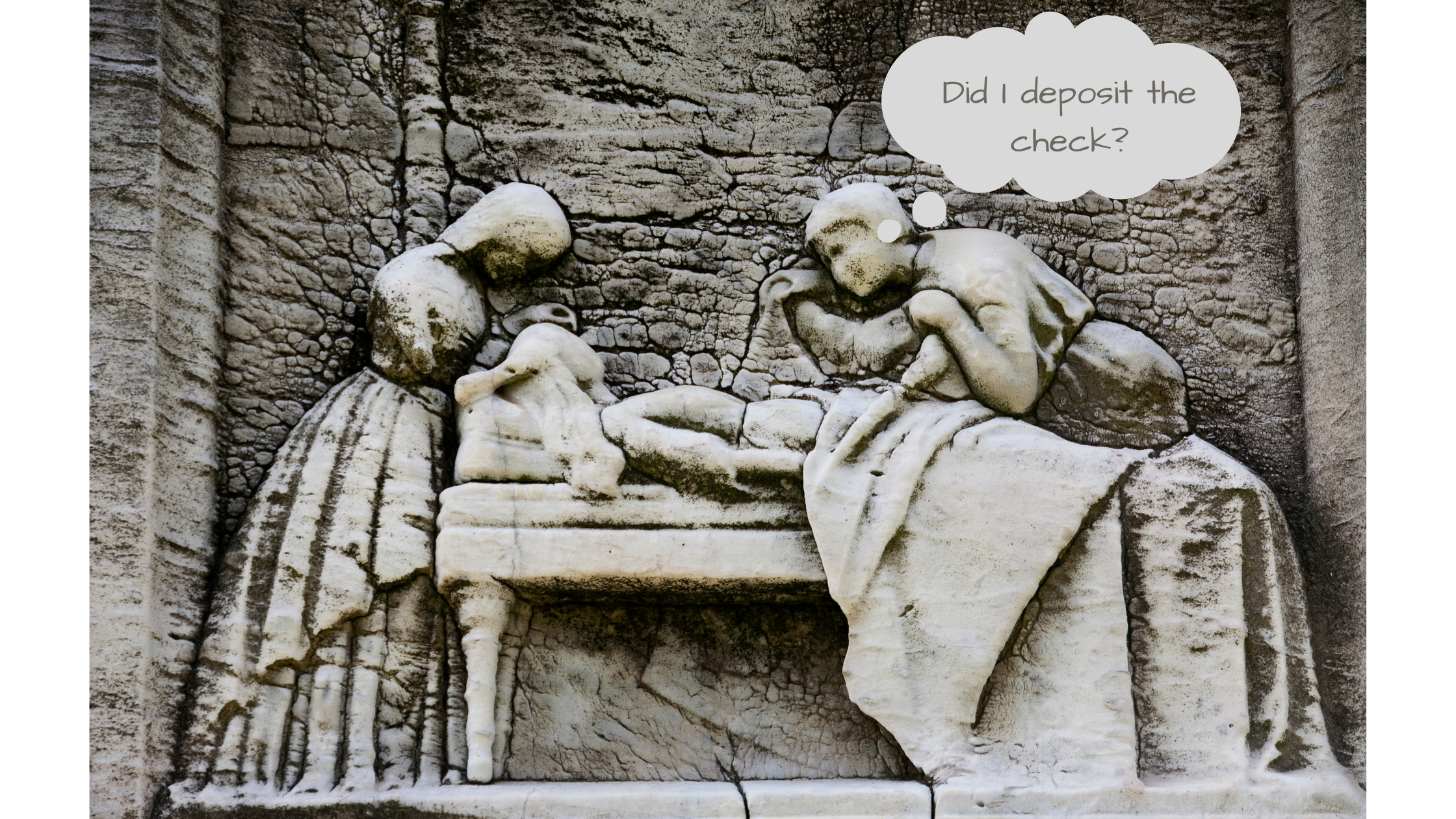Probate is the legal process of transferring a deceased person's estate to their heirs, as well as paying off any debt owed to creditors. This process occurs whether there was a will left or not, however, the process is much easier when a will is left behind by the deceased. The first step in the probate process is to appoint the executor. If there was a will left behind, then the deceased would have most likely named an executor in that will. That person has priority to be named executor. However, the will must be proved to be valid by the court before they appoint the executor named in the will.
Once the executor is determined, they must complete an inventory of all the deceased's assets and come up with an estimate of the deceased's estate. The executor is also in charge of making sure that all taxes and debts owed by the deceased are paid. Once those three tasks are completed, the executor may distribute the assets to the heirs of the deceased, thereby ending the probate process.
Those four steps outline the basic process for probate, however, it is not always that simple. If the estate is complex or a will requires it, formal probate may be used. Formal probate requires more supervision by the court, allowing a judge to make the needed determinations. In most cases, however, informal probate is sufficient and overall less costly as court supervision is not required when paying debts or distributing assets. If you need help with anything related to the probate process, I would be more than willing to work with you throughout the process.
The material contained herein is provided for informational purposes only and is not legal advice, nor is it a substitute for obtaining legal advice from an attorney. Each situation is unique, and you should not act or rely on any information contained herein without seeking the advice of an experienced attorney. All information contained in links are the property of the linked site.

